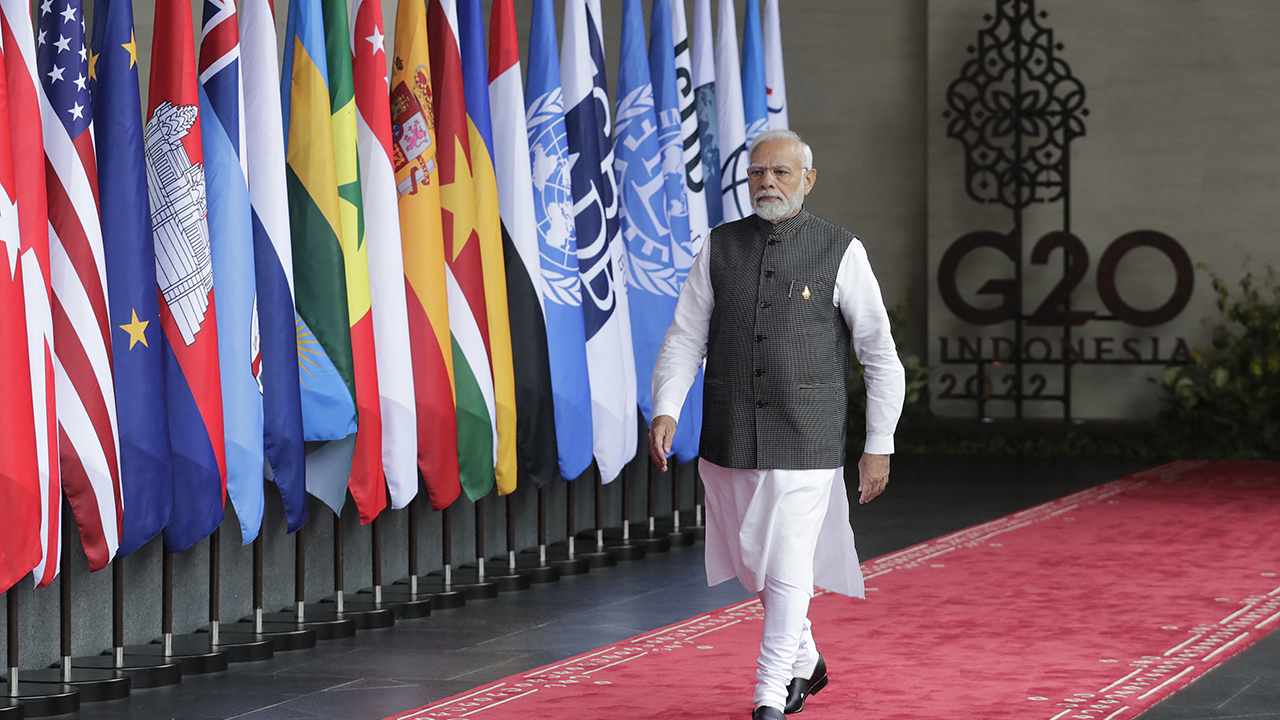Half of Americans Say Threats From Infectious Diseases Are Growing
The rise of the Zika virus has caught public attention, and people are particularly worried about its threat to pregnant women
The rise of the Zika virus has caught public attention, and people are particularly worried about its threat to pregnant women
A median of 57% across the 11 NATO member countries surveyed voiced favorable views of the coalition, with only about a quarter (median of 27%) expressing negative opinions.
As he nears the end of his presidency, Barack Obama continues to enjoy a broad degree of international popularity.
In President Barack Obama’s last year in office, a new Pew Research Center survey finds that views of the United States remain strongly favorable in key European and Asian nations.
People in a number of other EU countries share the British desire for a less, not more, centralized Europe, and that the debate about the future of the EU will not subside just because the UK has now voted.
At a time when many Europeans are looking inward after years of economic and political crises, the Greeks stand out as even more focused on their country’s own problems and as the most wary of global economic engagement.
As elections near, Australians show robust support for their prime minister's dealings in international affairs. But many are frustrated with his handling of the refugee issue, climate change and the economy.
The United States and its European allies have maintained a strong transatlantic relationship for more than half a century, even if Americans and Europeans have not always seen eye-to-eye on foreign policy issues.
A new Pew Research Center survey of 10 European nations finds a population looking inward.
Many favor looking inward to focus on domestic issues, while others question whether commitments to allies should take precedence over national interests.
Across 12 countries, a median of 40% of adults say they have no confidence in Indian Prime Minister Narendra Modi to do the right thing regarding world affairs. About eight-in-ten Indians have a favorable view of Modi.
Majorities in most countries say China does not take into account the interests of other countries in its foreign policy, and China does not contribute to global peace and stability.
Across 24 countries, large shares have an unfavorable view of Russia and no confidence in Putin to do the right thing regarding world affairs.
Overwhelmingly, people believe the U.S. interferes in the affairs of other countries, but most also believe the U.S. contributes to peace and stability around the world. U.S. President Joe Biden receives mostly positive reviews.












